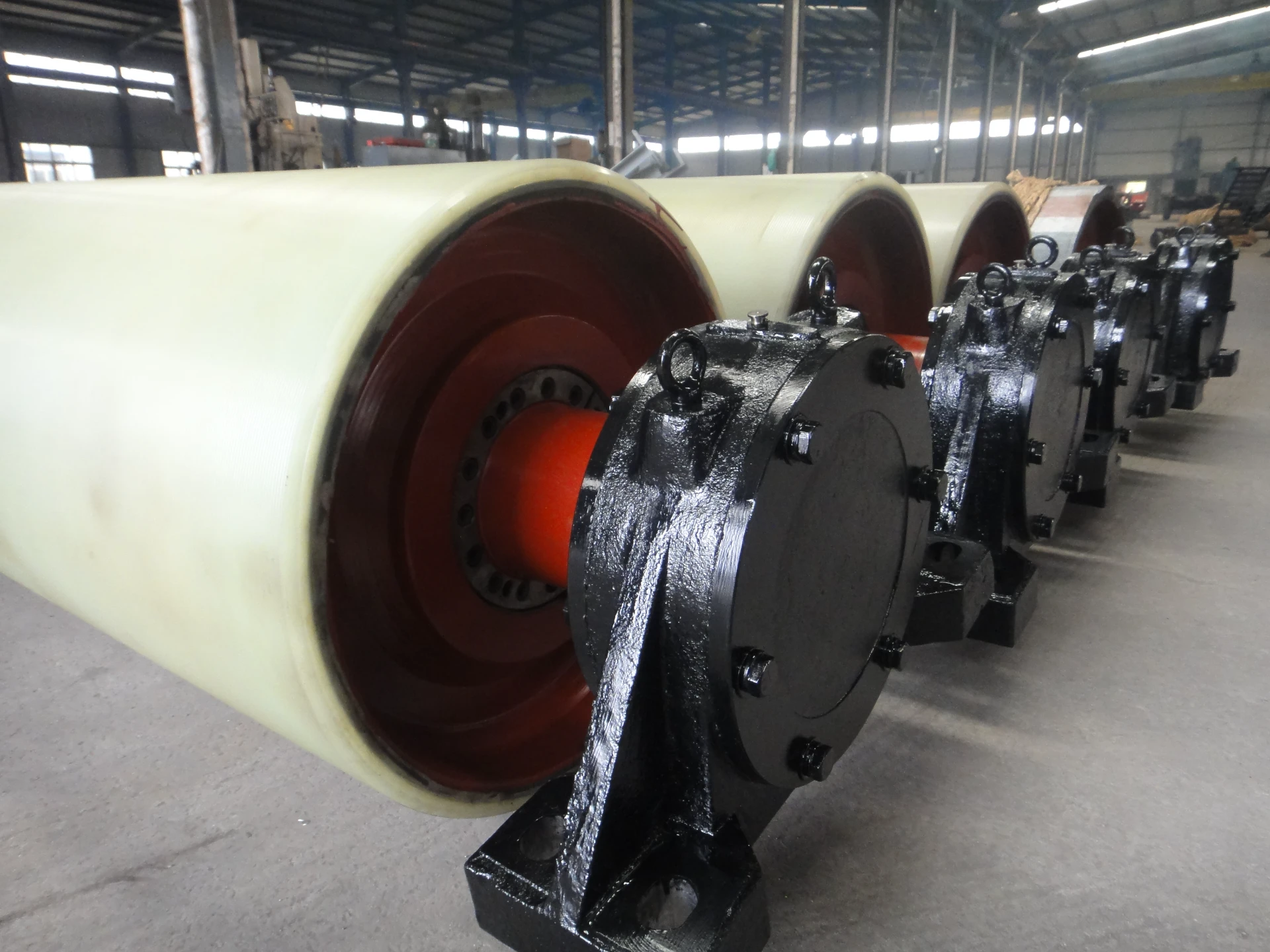 Afrikaans
Afrikaans  Albanian
Albanian  Amharic
Amharic  Arabic
Arabic  Armenian
Armenian  Azerbaijani
Azerbaijani  Basque
Basque  Belarusian
Belarusian  Bengali
Bengali  Bosnian
Bosnian  Bulgarian
Bulgarian  Catalan
Catalan  Cebuano
Cebuano  Corsican
Corsican  Croatian
Croatian  Czech
Czech  Danish
Danish  Dutch
Dutch  English
English  Esperanto
Esperanto  Estonian
Estonian  Finnish
Finnish  French
French  Frisian
Frisian  Galician
Galician  Georgian
Georgian  German
German  Greek
Greek  Gujarati
Gujarati  Haitian Creole
Haitian Creole  hausa
hausa  hawaiian
hawaiian  Hebrew
Hebrew  Hindi
Hindi  Miao
Miao  Hungarian
Hungarian  Icelandic
Icelandic  igbo
igbo  Indonesian
Indonesian  irish
irish  Italian
Italian  Japanese
Japanese  Javanese
Javanese  Kannada
Kannada  kazakh
kazakh  Khmer
Khmer  Rwandese
Rwandese  Korean
Korean  Kurdish
Kurdish  Kyrgyz
Kyrgyz  Lao
Lao  Latin
Latin  Latvian
Latvian  Lithuanian
Lithuanian  Luxembourgish
Luxembourgish  Macedonian
Macedonian  Malgashi
Malgashi  Malay
Malay  Malayalam
Malayalam  Maltese
Maltese  Maori
Maori  Marathi
Marathi  Mongolian
Mongolian  Myanmar
Myanmar  Nepali
Nepali  Norwegian
Norwegian  Norwegian
Norwegian  Occitan
Occitan  Pashto
Pashto  Persian
Persian  Polish
Polish  Portuguese
Portuguese  Punjabi
Punjabi  Romanian
Romanian  Russian
Russian  Samoan
Samoan  Scottish Gaelic
Scottish Gaelic  Serbian
Serbian  Sesotho
Sesotho  Shona
Shona  Sindhi
Sindhi  Sinhala
Sinhala  Slovak
Slovak  Slovenian
Slovenian  Somali
Somali  Spanish
Spanish  Sundanese
Sundanese  Swahili
Swahili  Swedish
Swedish  Tagalog
Tagalog  Tajik
Tajik  Tamil
Tamil  Tatar
Tatar  Telugu
Telugu  Thai
Thai  Turkish
Turkish  Turkmen
Turkmen  Ukrainian
Ukrainian  Urdu
Urdu  Uighur
Uighur  Uzbek
Uzbek  Vietnamese
Vietnamese  Welsh
Welsh  Bantu
Bantu  Yiddish
Yiddish  Yoruba
Yoruba  Zulu
Zulu polyurethane pulley
Understanding Polyurethane Pulleys A Versatile Solution for Various Industries
Polyurethane, a type of polymer composed of organic units joined by carbamate (urethane) links, has gained significant traction in industrial applications, especially in the manufacture of pulleys. Polyurethane pulleys are increasingly becoming the go-to choice for many manufacturers and engineers due to their durability, flexibility, and resistance to wear and tear. This article will explore the advantages of polyurethane pulleys, their applications, and their impact on different industries.
Advantages of Polyurethane Pulleys
1. Durability and Longevity One of the most notable features of polyurethane is its resilience. Polyurethane pulleys can withstand heavy loads and intense operational environments, making them less likely to wear out quickly compared to traditional materials like metal or rubber. This durability translates into lower maintenance costs and improved operational efficiency.
2. Flexibility and Customization Polyurethane can be formulated with varying degrees of hardness, allowing manufacturers to produce pulleys that meet specific application requirements. This flexibility means that pulleys can be manufactured to meet the needs of various machinery and operational conditions, whether that involves high impact resistance or superior grip.
3. Resistance to Chemicals and Environmental Factors Polyurethane is not only resistant to wear and abrasion but also to various chemicals, oil, and moisture. This makes polyurethane pulleys ideal for use in harsh environments such as chemical processing plants, food processing facilities, and outdoor settings where exposure to the elements is a concern.
4. Noise Reduction Operating machinery can often lead to significant noise levels, which may be detrimental to working conditions and overall safety. Polyurethane pulleys can absorb vibrations, resulting in quieter operation. This is particularly advantageous in settings where noise reduction is essential, such as in manufacturing plants and residential areas.
Applications of Polyurethane Pulleys
Polyurethane pulleys find their place in a myriad of applications across different industries
.polyurethane pulley

- Manufacturing In manufacturing settings, pulleys are integral components of conveyor systems. Polyurethane's strength and flexibility allow for efficient movement of materials, reducing the risk of slippage and damage.
- Automotive In the automotive industry, polyurethane pulleys are used in timing belts and other drive systems due to their ability to withstand high stresses and provide reliability over time.
- Textile Industry The textile industry employs polyurethane pulleys in various machinery, such as cutting and sewing operations. Their grip and flexibility enhance the performance of these machines, leading to higher productivity.
- Construction Construction equipment often requires durable components that can handle heavy loads and rough conditions. Polyurethane pulleys can be found in cranes, hoists, and other lifting devices, providing the strength needed to perform heavy lifting tasks.
The Environmental Impact
The production and use of polyurethane pulleys also present an opportunity for more sustainable practices. As industries increasingly turn to eco-friendly materials, polyurethane can be produced in ways that reduce ecological footprints. Some manufacturers are now offering bio-based polyurethane options, contributing to environmental sustainability while maintaining performance standards.
Conclusion
Polyurethane pulleys exemplify the benefits of adopting advanced materials in engineering and manufacturing. Their unique properties make them suitable for a wide range of applications, driving efficiency and durability in various industries. As businesses continue to prioritize performance and sustainability, the adoption of polyurethane pulleys is likely to grow. With their proven benefits and versatility, polyurethane pulleys will remain a critical component in the evolution of industrial machinery and processes.
-
Revolutionizing Conveyor Reliability with Advanced Rubber Lagging PulleysNewsJul.22,2025
-
Powering Precision and Durability with Expert Manufacturers of Conveyor ComponentsNewsJul.22,2025
-
Optimizing Conveyor Systems with Advanced Conveyor AccessoriesNewsJul.22,2025
-
Maximize Conveyor Efficiency with Quality Conveyor Idler PulleysNewsJul.22,2025
-
Future-Proof Your Conveyor System with High-Performance Polyurethane RollerNewsJul.22,2025
-
Driving Efficiency Forward with Quality Idlers and RollersNewsJul.22,2025





























